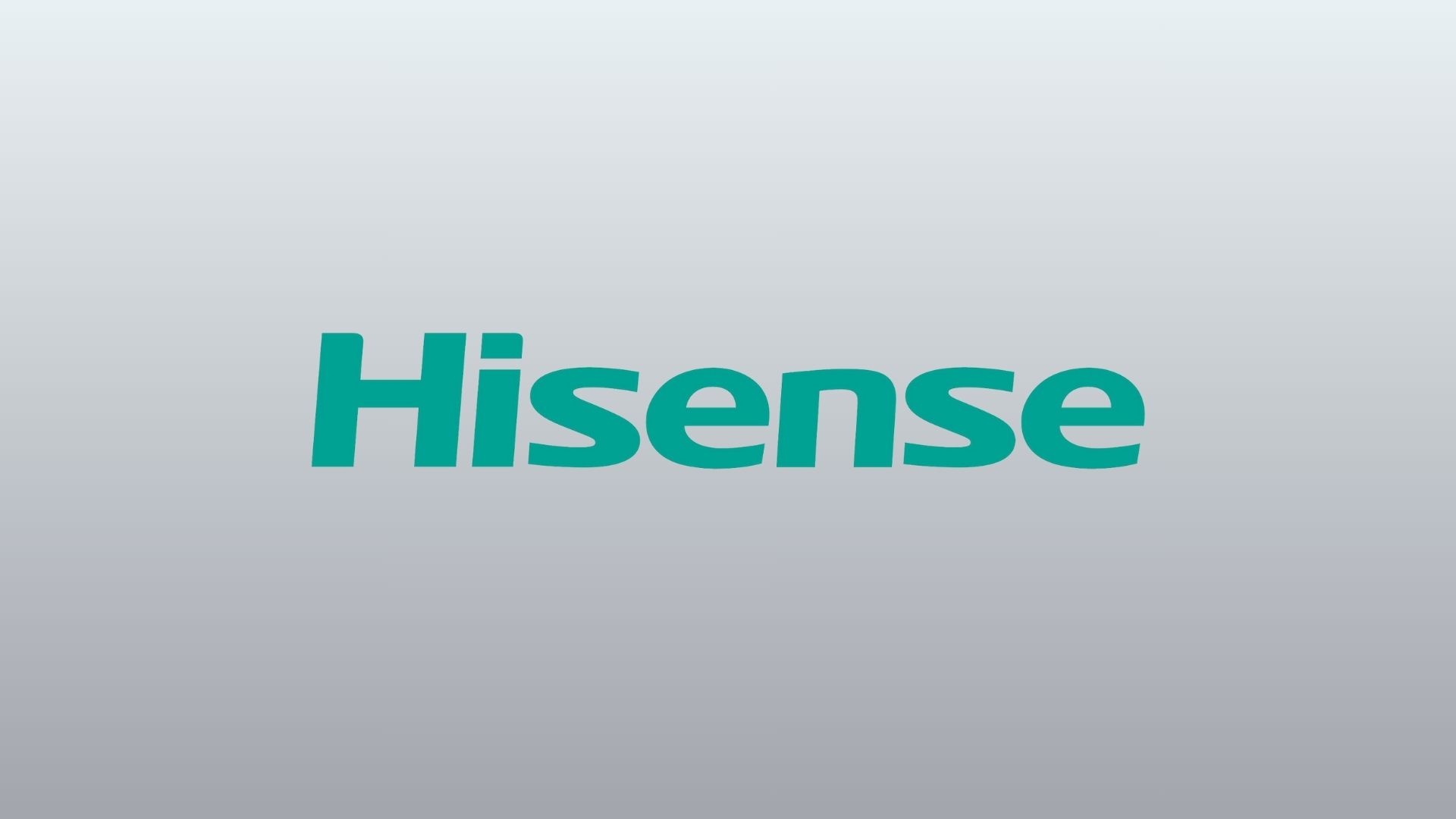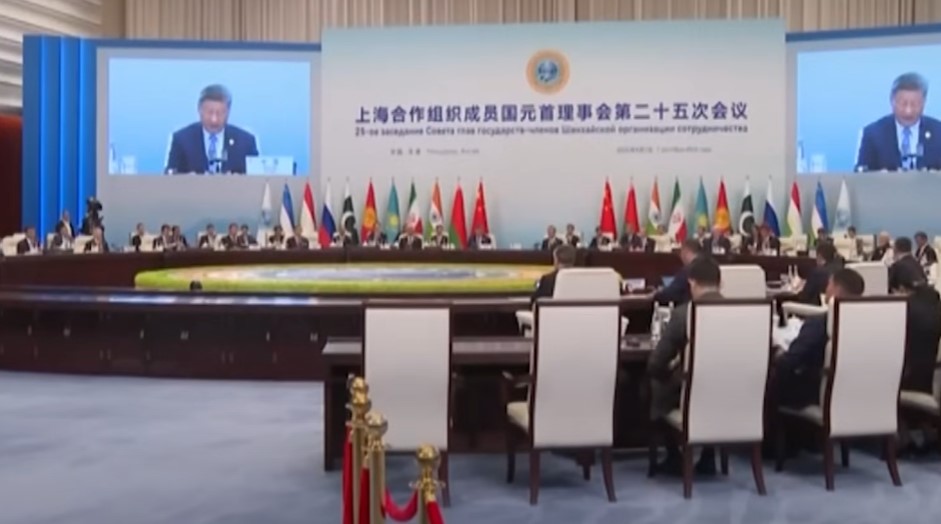A new Google Cloud study indicates that more than half of global enterprises are already using AI agents, with many reporting consistent revenue growth and faster return on investment.
The research, based on a survey of 3,466 executives across 24 countries, suggests agentic AI is moving from trial projects to large-scale deployment.
The findings by Google Cloud reveal that 52% of executives said their organisations actively use AI agents, while 39% reported launching more than ten. A group of early adopters, representing 13% of respondents, have gone further by dedicating at least half of their future AI budgets to agentic AI.
These companies are embedding agents across operations and are more likely to report returns in customer service, marketing, cybersecurity and software development.
The report also highlights how industries are tailoring adoption. Financial services focus on fraud detection, retail uses agents for quality control, and telecom operators apply them for network automation.
Regional variations are notable: European companies prioritise tech support, Latin American firms lean on marketing, while Asia-Pacific enterprises emphasise customer service.
Although enthusiasm is strong, challenges remain. Executives cited data privacy, security and integration with existing systems as key concerns.
Google Cloud executives said that early adopters are not only automating tasks but also reshaping business processes, with 2025 expected to mark a shift towards embedding AI intelligence directly into operations.
Would you like to learn more about AI, tech and digital diplomacy? If so, ask our Diplo chatbot!










